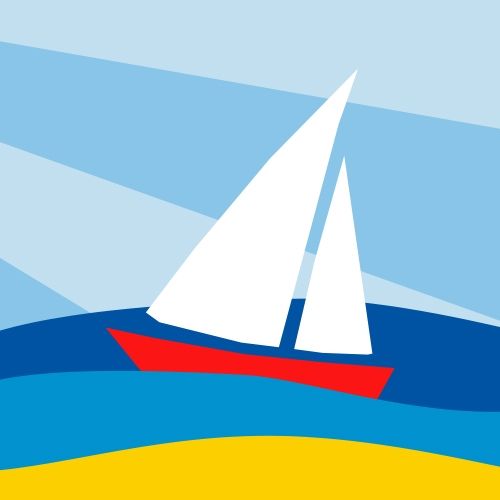
From the principal
Tena koutou nga whanau, nga mihi nui ki a koutou katoa. Over the last 12 days I have been very fortunate to spend time with some amazing international thinkers and educators.
I felt very privileged to be able to make the most of this opportunity and I would like to thank Fiona Rice for managing the school in my absence. Courtesy of Lego Education I attended the International Lego Symposium and STEM Conference at Tufts University in Boston. I was able to share about work that is happening in New Zealand as well as hearing from a range of incredibly talented and inspirational educators and professionals from over 30 countries.
When talking to other educators about our New Zealand education system, and in particular the New Zealand Curriculum, most educators are envious with regards to how forward thinking our curriculum is, with a focus on the Key Competencies : Thinking; Relating to others; Using language, symbols and texts; Managing self and Participating and contributing. This is in stark contrast to many curriculums that focus on narrow knowledge accumulation, and frequent testing - which can lead to a ‘teaching to the test’ focus rather than the development of skills and attitudes that will stand our students in good stead in the changing world.
I also visited Massachusetts Institute of Technology in Boston, where a small group of us met with Mitch Resnick - creator of the Scratch programming language. Mitch shared the directions that the MIT Media Lab is heading in, and the projects they are exploring. One of these I found particularly interesting is the development of a camera that can take photos around the corner. While this will open up a realm of possibilities there is no doubt that it will raise a number of ethical and privacy issues as well and so ensuring our students develop the school values, and use these in both the digital and non-digital world is on great importance.
Two themes that came through in the time I was away were a move to students using their knowledge to solve problems, both at an individual level and on a more global scale, and a move to design thinking using both digital and non-digital materials.
When I arrived back in New Zealand and scanned the new of Stuff the article about the new job contracts at Spark struck me as particularly relevant. Such unfortunate situations are likely to become more common in the future both as a result of the rapidly changing digital world and also different ways of working and company structuring. While the Agile approach that Spark seems to be adopting is not seen a lot in New Zealand there is a strong movement overseas to this way of working which has a strong focus on collaboration, people being self-managing and having the flexibility to work across a variety of teams, learn new skills and have excellent communication skills. These are all aspects that we strive to help out students achieve.
When in San Francisco I visited the offices of Thunkable - a programme that enables people from children to professionals to create mobile applications. They share a large co-working space with two smaller companies, each having their own working space and sharing common amenities. The founder of the company spoke strongly about the democratisation of knowledge, enabling a wide range of people to be creators of apps, rather than just being consumers.
Despite the focus on technology of the past 12 days, we must not forget that technology is not independent from people, the people that create it and the people that use it. Technology can make our life so much more simple, and travelling is so much easier with the range of apps to support travel, but there is no doubt that it is just a tool, designed for people to use and to help humans thrive and be the best they can be.
Ngā mihi nui
Jill
